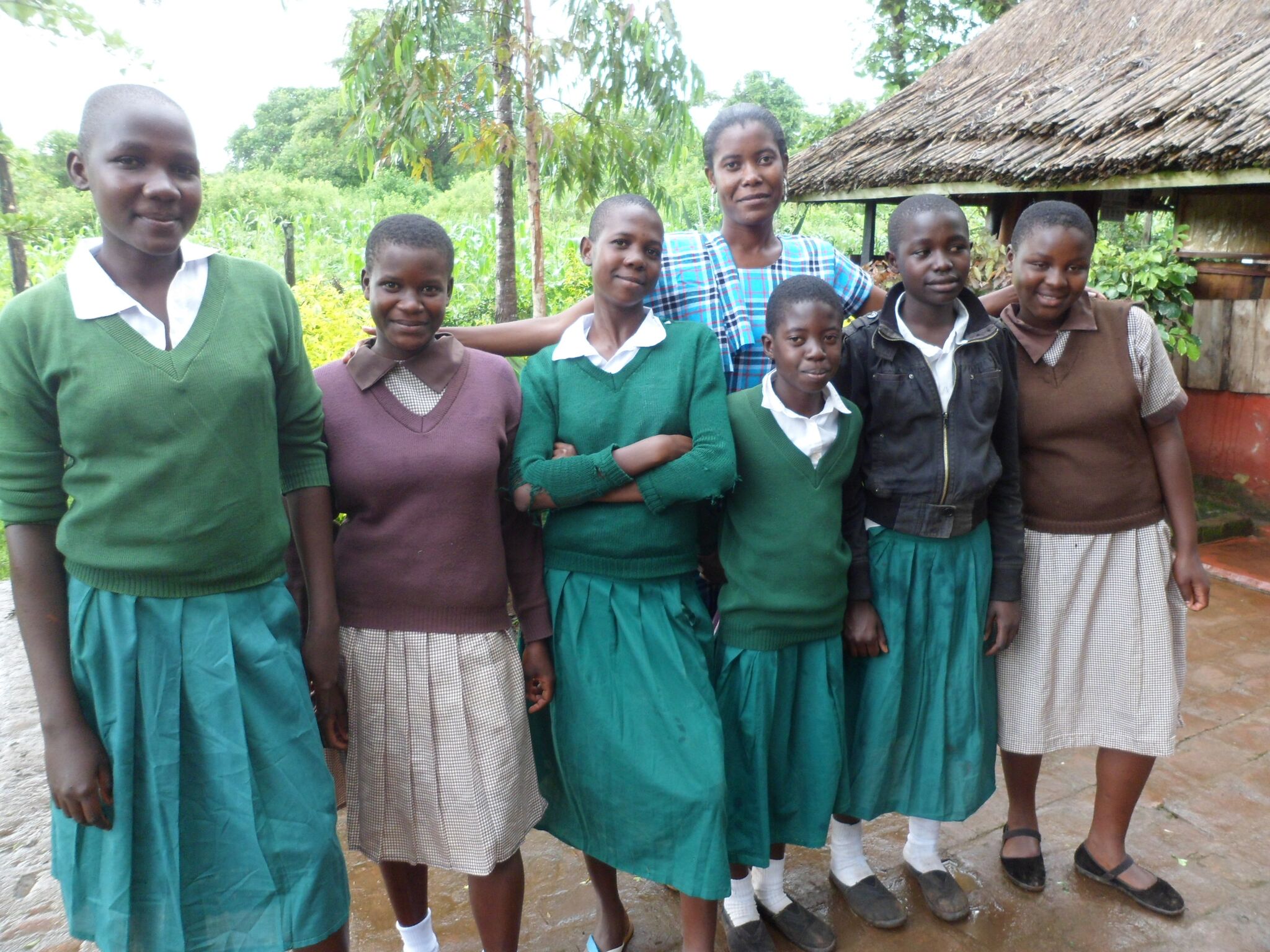Blog
International Day for the Elimination of Violence Against Women

25 November is the UN’s Annual International Day for the Elimination of Violence Against Women. It marks the beginning of 16 Days of Activism to work to end violence against women and girls around the world, culminating on International Human Rights Day on 10 December.
Orange is the UN’s chosen colour to mark the action each year, a colour representing a brighter future without violence. The theme of this year’s call for action is ‘Orange the World: Raise Money to End Violence Against Women and Girls’. The emphasis is on working together to find sustainable funding methods to bring about the end to this violence. Eliminating violence against women and girls is central to the UN’s Global Development Goal 5: Achieve gender equality and empower all women and girls.
At Team Kenya, we celebrate and welcome this call to action. We know from our own work that without emotional and physical safety, women and girls are not free to develop and reach their potential and participate as equal citizens in their communities or more widely. Violence against women and girls is a global issue and is part of a wider set of cultural norms based on gender difference that operate to discriminate against women and girls. Team Kenya and our partner NCEDP work to understand how such norms function in Ndiwha and to come up with interventions that help level the playing field for girls and women.
In the region of Nyanza, 57% of women & girls have experienced physical violence and 31.6% sexual violence, the highest in Kenya. Our research over the last few years has discovered that school-related gender-based violence (SRGBV) is the most significant factor impacting upon girls’ education.
In 2016, funded by Comic Relief, Team Kenya and NCEDP undertook detailed new research into school-related gender-based violence in Ndhiwa. From focus groups and interviews with 420 adults and children, we discovered reports of SRGBV occurring on a large scale.
62% of girls reported experience of violent or sexual threats and 3 in 4 reported having had a request from a teacher for sexual relations. Unsurprisingly, given this, only one quarter of the girls reported feeling safe around male teachers or boys. Boys’ perceptions of SRGBV were markedly different from that of the girls with 77% of boys believing girls were never touched by a teacher and 63% of boys believing that violent or sexual threats against girls were not an issue. The full report is available here.
How will we tackle SRGBV in Ndhiwa?
Such differences demonstrate a need to work in a supportive way with both girls and boys to help them recognise and understand SRGBV and related violence, such as domestic violence, child marriage and child abuse, and signpost them to support should they experience or witness violence. Team Kenya and NCEDP take a holistic approach, working with partners to find realistic ways to make a difference. There is no ‘quick fix’ as cultural attitudes that have had hundreds or thousands of years to become entrenched are not swiftly overturned.
Learning from our research, our ongoing and planned interventions are with the schoolchildren, the schools and with the wider community. Through our Girls’ Support Group, we can offer victims of SRGBV a safe space, advice and a supportive environment; through mixed-gender and single-gender interventions such as ICT workshops, we can work with various sections of the Ndhiwa community to raise awareness about SRGBV and other forms of violence and motivate men and boys to engage; through mixed-gender football and adapting the British Council Premier Skills VAWG Project, we can foster values and behaviour-led learning alongside an awareness-raising curriculum.
With schools, we can work to tackle corporal punishment, illegal in Ndiwha but reported to be widely used; we are working on three-year school improvement plans unique to each school, including ongoing training for teachers in SRGBV prevention; our ‘girl-friendly’ schools will encourage learning in a gender-equal environment.
With the wider community, we continue to build on our networks and seek further opportunities to work in partnership and to advocate.
On the International Day for the Elimination of Violence Against Women, we keep our vision in mind ‘for every girl in Kenya to have an equal chance to achieve her potential and be free from poverty’. We continue to work towards that brighter future, to ‘orange the world’.
Guest blog by Julie Scanlon